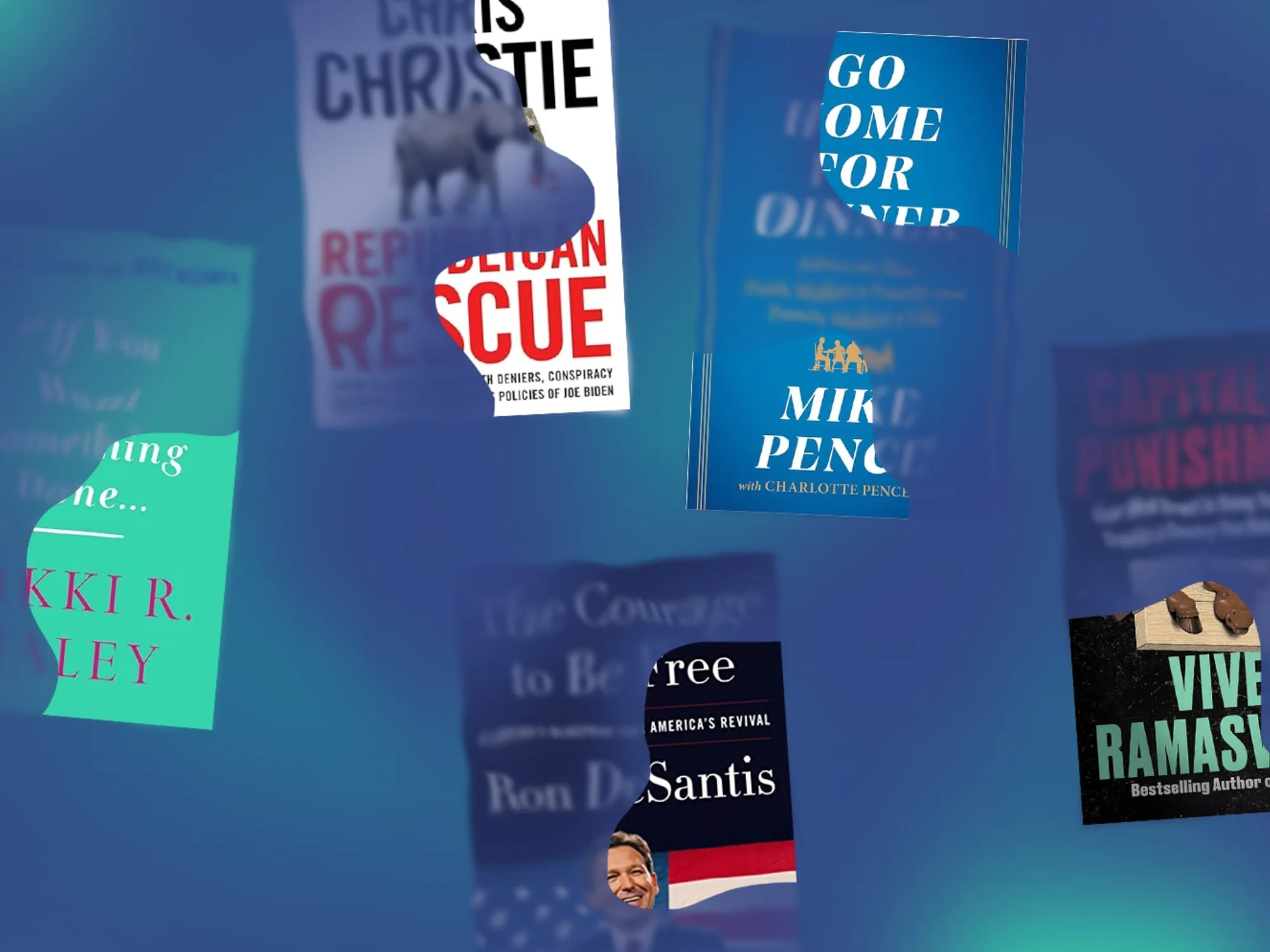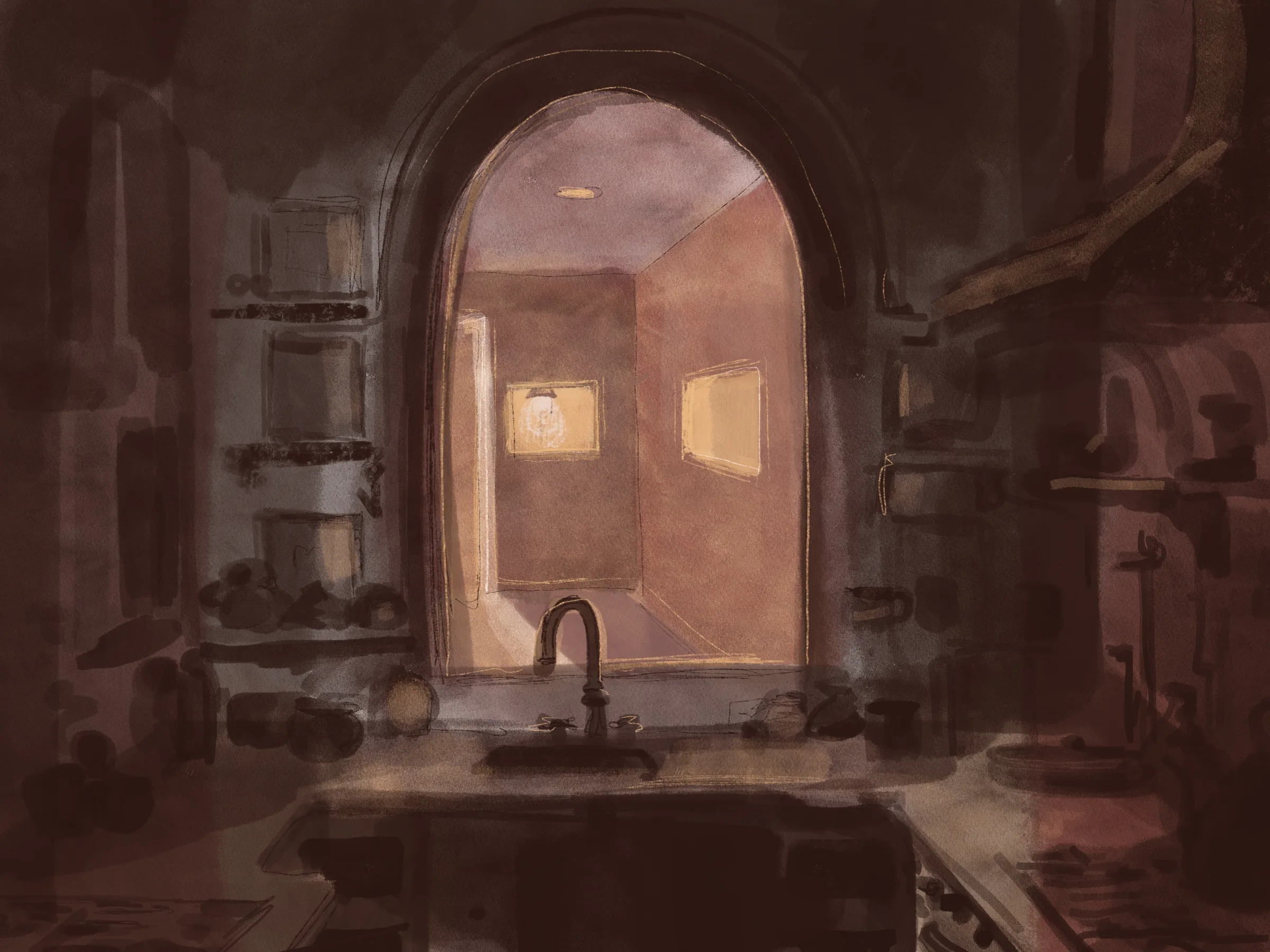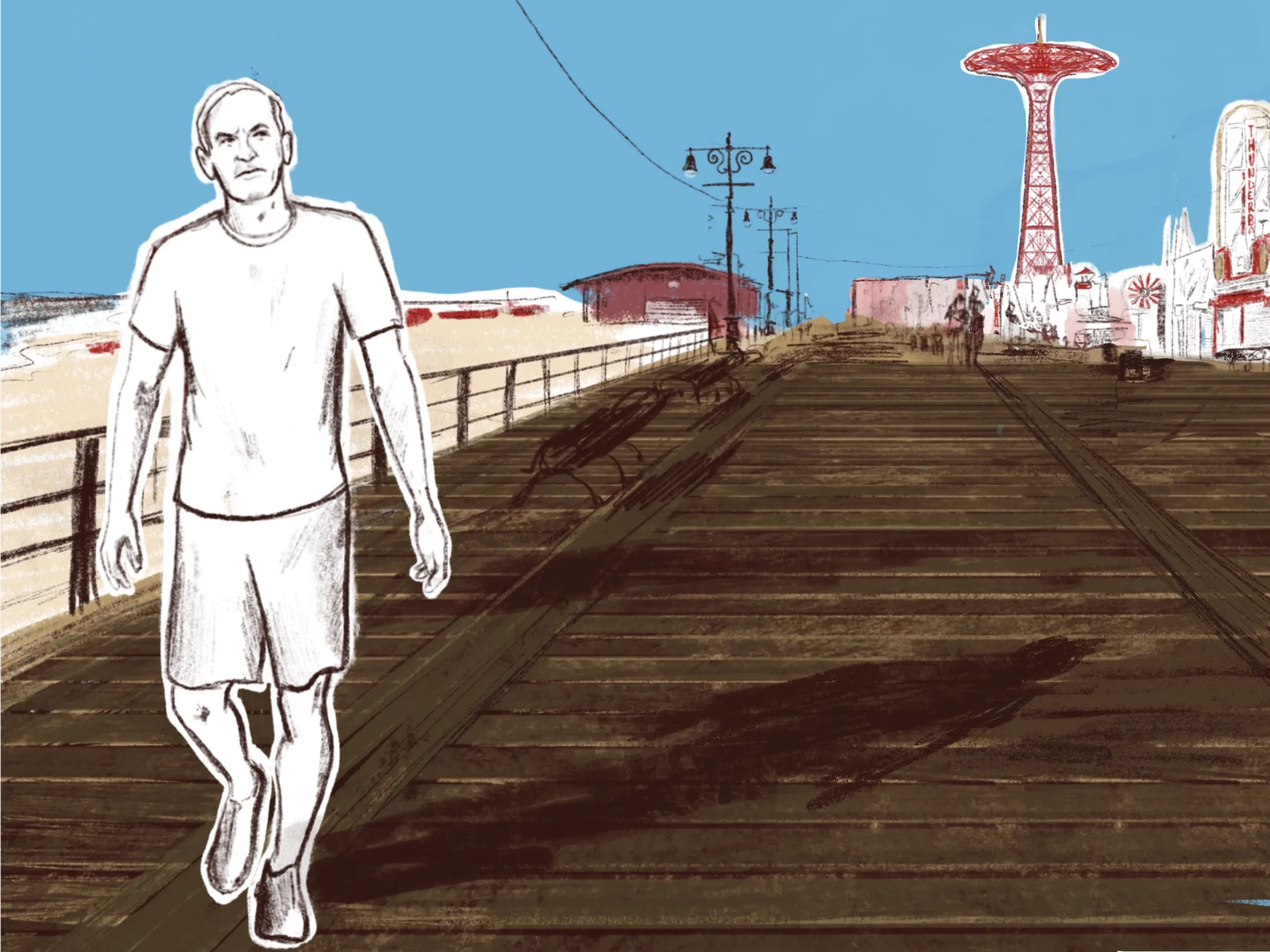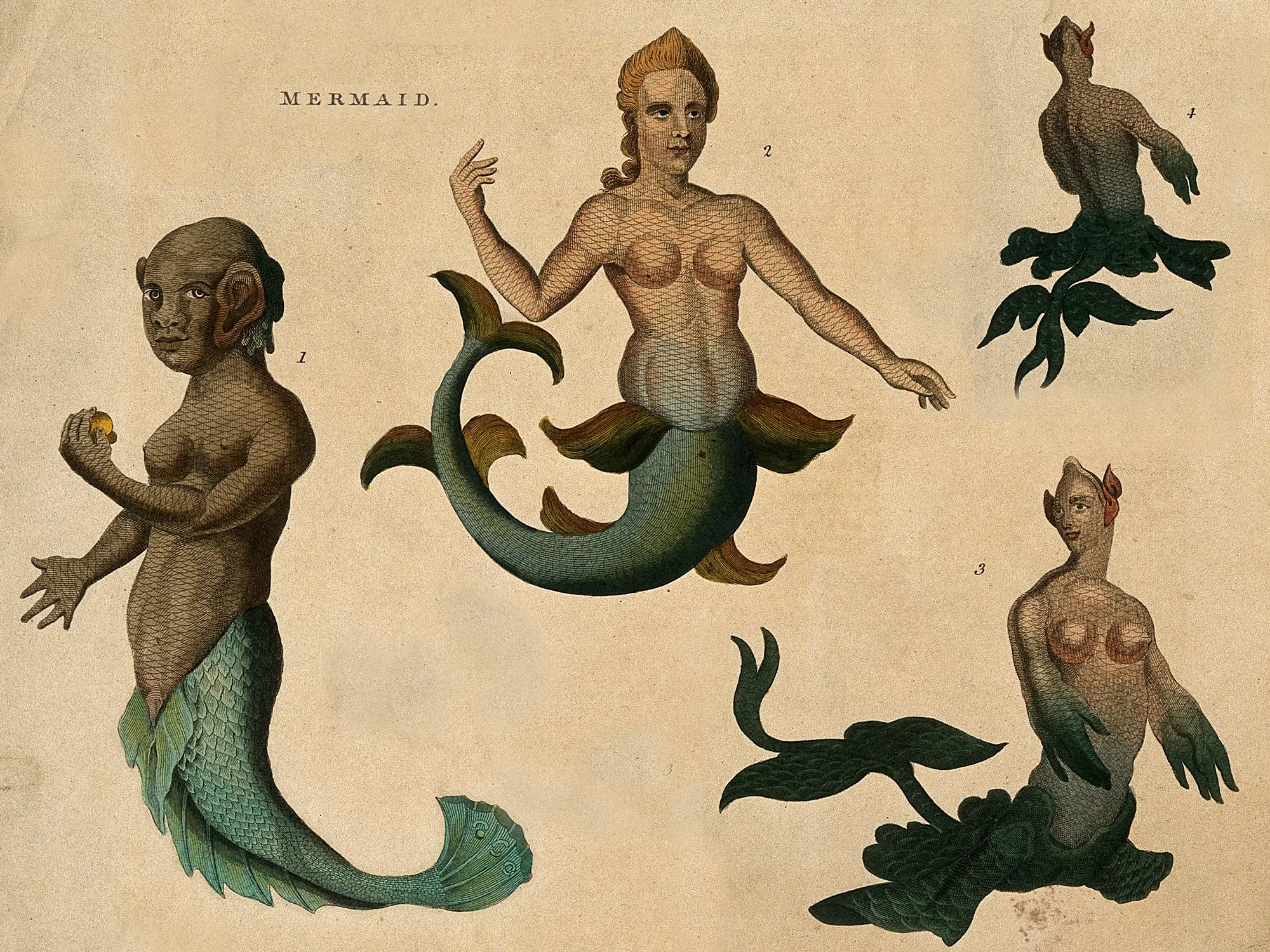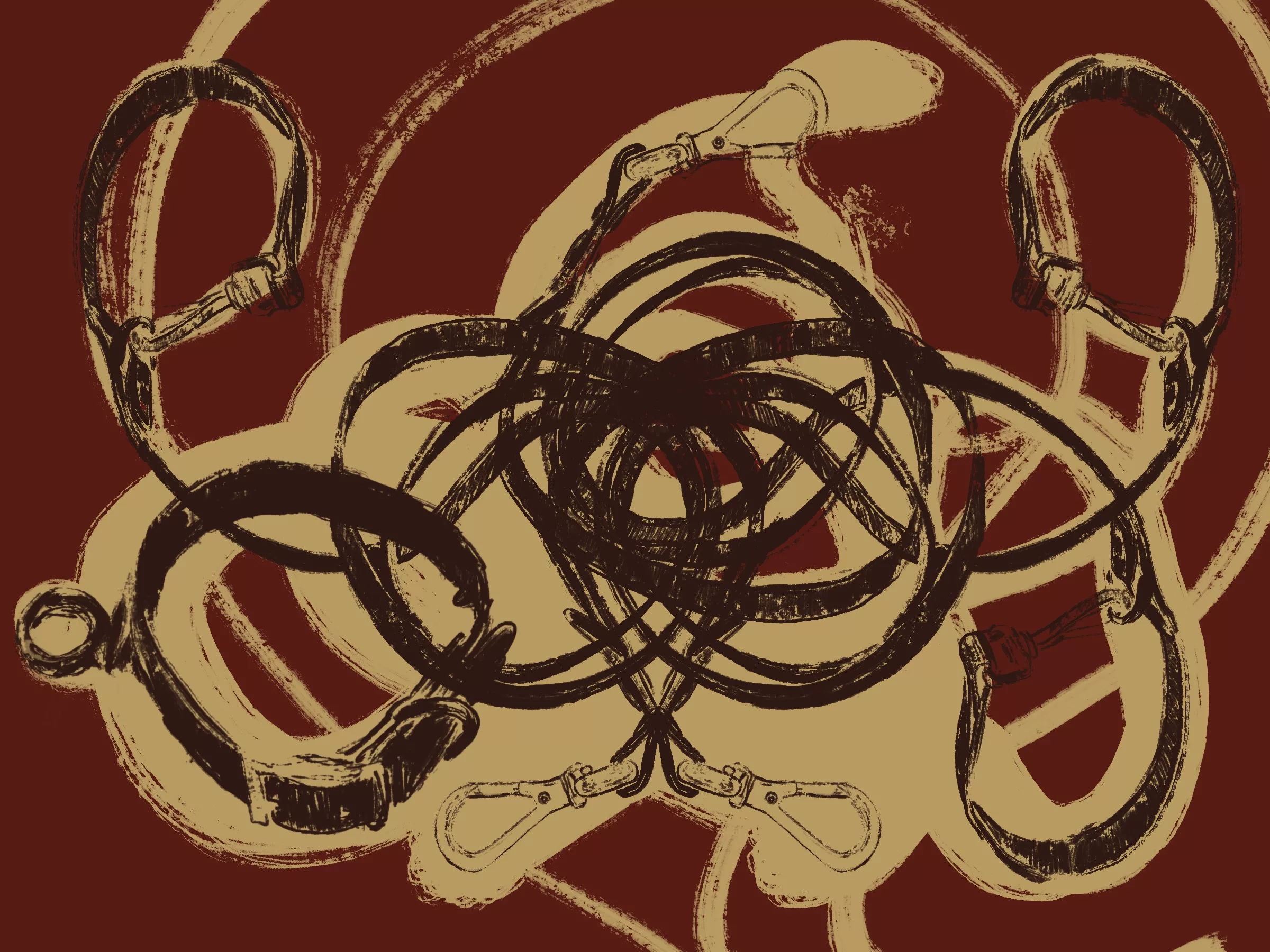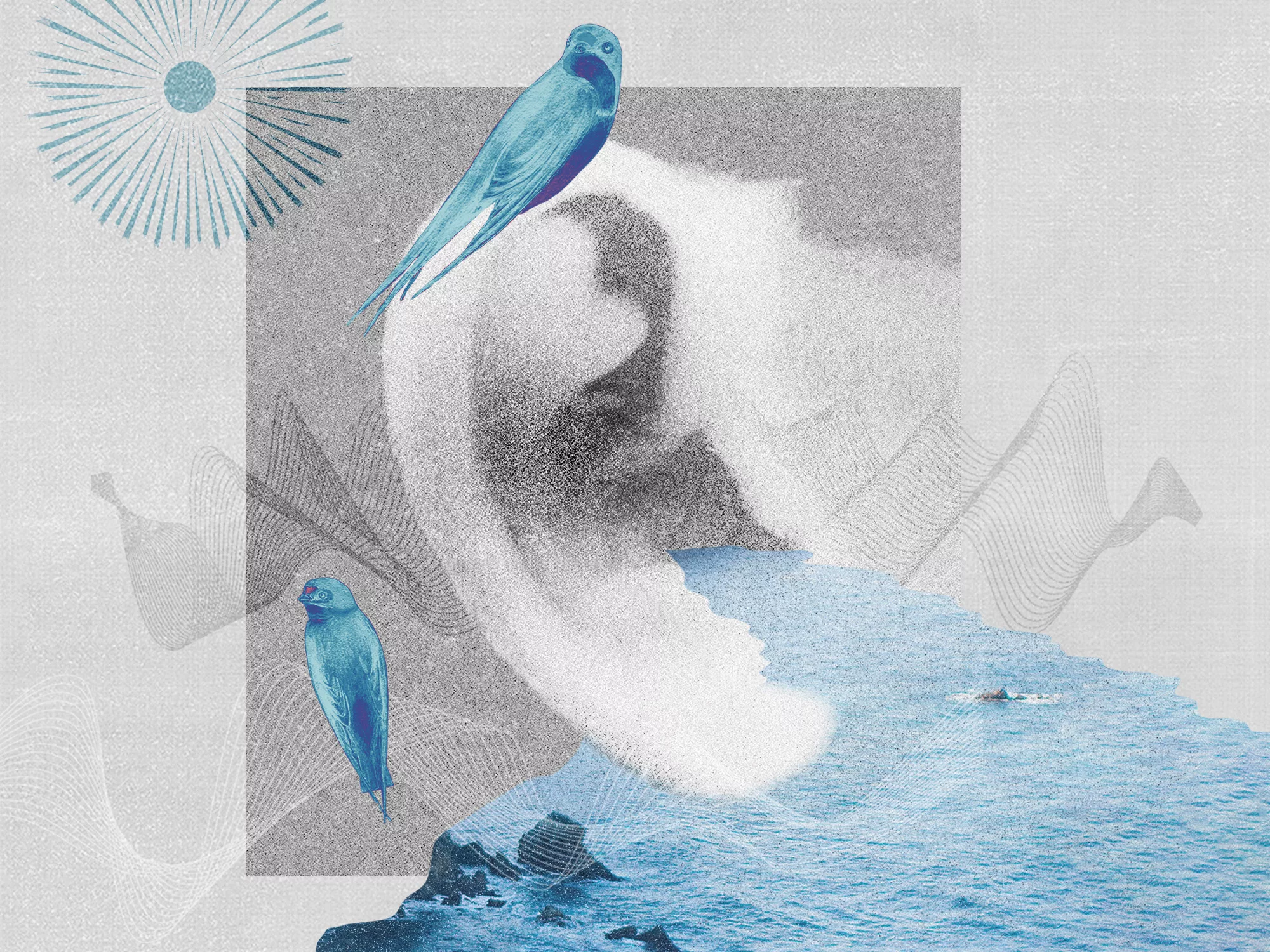Latest
February 26, 2024
Stumped | Why Write (or Read) a Campaign Book?
Mark Chiusano
When Donald Trump summoned Chris Christie to the White House in 2018 to offer him a job as chief of staff, Trump’s most pressing question had to do not with background checks or political alignment, but with Christie’s new book, Let Me Finish. More specifically, Trump wanted to know: was it critical of him? “The book is honest about you,” Christie said, adding that the book disparaged people close to...
February 15, 2024
Third Room | Fiction
Julian Robles
In November my landlord and her family left the city to celebrate the abrupt cessation of her husband’s paralysis. They planned to visit Durango, where she had grown up, and Quintana Roo, where their daughter’s godfather lived. The family was feeling hopeful. All of us were. Before leaving, the landlord had halved my rent and given me a spare key to the private terraza on the building’s top floor. I...
February 7, 2024
Normcore | On the Boardwalk with Norman Finkelstein
Julia Rock
Norman Finkelstein needed to reach a moral judgment. On the morning of October 7, he received an email from a friend telling him to check the news. Finkelstein was “euphoric” when he saw that Hamas militants had broken through the barrier that surrounds Gaza. “I have this kind of weird idiosyncrasy,” he told me wryly. “I like it when people break out of concentration camps.” The notorious Israel critic and...
November 8, 2023
The War on Ecoterror | Environmental Radicalism, Left and Right
Gaby Del Valle
On August 3, 2019, after driving through the night from his grandparents’ house in the Dallas suburbs to El Paso’s east side, Patrick Crusius took a moment to say his goodbyes. “I’m probably going to die today,” he posted on 8chan, attaching, by way of explanation, a four-page document titled “The Inconvenient Truth.” Then he pulled up to a Walmart and started shooting, killing twenty people and wounding more than...
November 8, 2023
Can the Sireniform Speak? | Devolving with The Little Mermaid
Sophie Lewis
In the year that brought us the orca uprising and the disappearance of a submarine carrying tourists to the wreck of the Titanic, Disney’s live-action The Little Mermaid starred an African American woman. Not entirely unlike the orcas’ antics, Halle Bailey’s selection was met with boos from conservatives and cheers from liberals. #NotMyMermaid, some tweeted. #YesMyAriel. Depending on which side you were on, the facts that director Rob Marshall’s $250...
November 3, 2023
Dorchester | Fiction
Steven Duong
In the year of the ox, my poem went moderately viral in some small but enthusiastic circles, the way a poem sometimes does. I wrote it after reading the news report about the old Vietnamese woman stabbed to death outside her home in Dorchester, which is where I was at the time, visiting Leah. These visits almost always involved her putting on a harness and me skipping dinner, so I...
November 8, 2023
Basic Behavior | Mary Gaitskill Posts Her Drafts
Hannah Gold
During the summer of 2022, a troubling suspicion began to take root in my mind. It was June, and ever since I’d left my news blogging job the previous year, the compulsion I’d once felt to stand stalwart and hypnotized at the gates of global content mills — which for some time had been as much a matter of personal curiosity as professional necessity — had eased considerably. I went...
November 8, 2023
Moments of Elevation | Fiction
Eliza Barry Callahan
On August 29, 2019, I was meant to travel to Venice to watch a lifelong friend get married — a small reception for just ten people. The friend was marrying a Venetian. When I awoke that morning, I felt a deep drone in my right ear accompanied by a sound I can best compare to a large piece of sheet metal being rocked, a perpetually rolling thunder. I moved from...
November 8, 2023
Craving | Poetry
Emma Winsor Wood
In the aquarium, the fish “dart,” their movements “jerky” as if afraid I will “scoop” them out of the “water” and into my “mouth,” or “as if” they are tiny machines, programmed to “dart” so their scales “catch” the light “just so.” When “pregnant” for the “first time,” with a “daughter,” I began to eat fish for the “first time” in “twelve” years. I ate it “for” her, felt “no...
November 8, 2023
Greenness | Fiction
Xavier Blackwell-Lipkind
The professor is, of course, talking. The notion that a sentence cannot be a fragment. Adverbs, adverbs. Every language pretends that its word for nostalgia is untranslatable. Camus killed his mother. Tezeta, saudade. He missed her, probably. The professor’s lips are making noises. As professors’ lips are wont to do. A narrator is rather like a fiber supplement. Final papers. Samuel Richardson folded a song into a book. In fact,...


